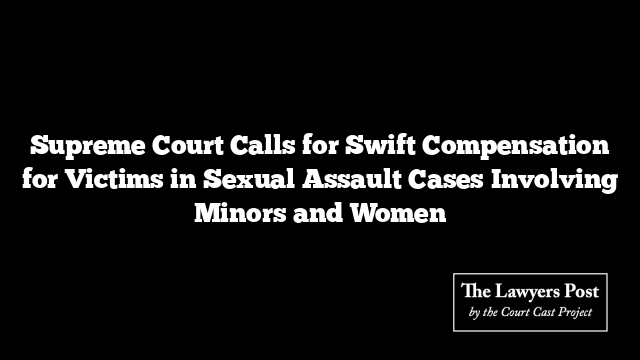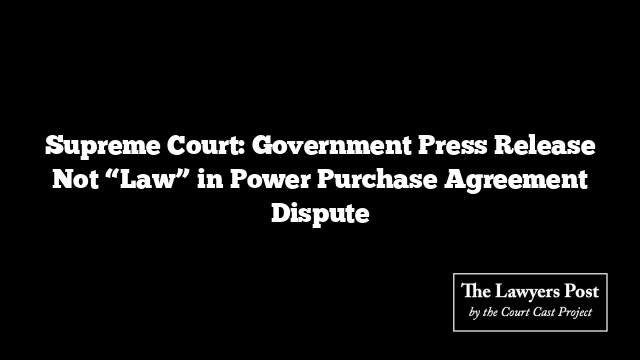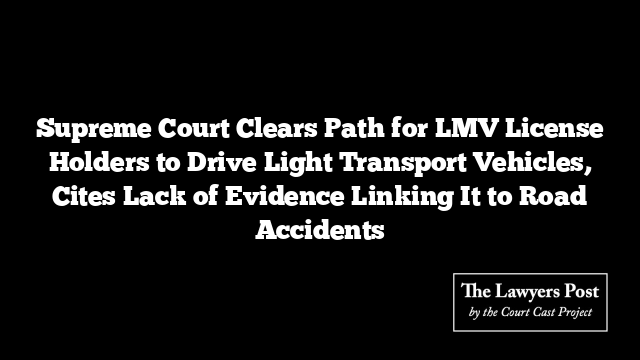In a powerful directive, the Supreme Court has underscored the immediate necessity for victim compensation in sexual offense cases involving minors and women. Emphasizing that victim welfare must not face bureaucratic delay, the Court urged Sessions Courts to enforce compensation orders under Section 357-A of the Criminal Procedure Code (recently integrated into the Bharatiya Nagarik Suraksha Sanhita, 2023) when handling cases of bodily harm, especially those with lasting trauma like sexual assault.
The Court pointed out that failure to order compensation at the trial level significantly hampers timely support for victims. Legal service authorities are expected to step in with interim compensation when required, ensuring that financial relief reaches victims without delay. This mandate should be upheld “in letter and spirit,” the Court emphasized, stressing the duty of District and State Legal Services Authorities to streamline this process.
The ruling came while granting bail to an appellant previously convicted under multiple sections of the Indian Penal Code and the Protection of Children from Sexual Offenses (POCSO) Act. Although the appellant challenged the Bombay High Court’s refusal to suspend his sentence, the Supreme Court focused on the issue of victim compensation, a point raised by Senior Advocate Sanjay Hegde, who noted that Maharashtra’s existing “Manodhairya Scheme” offers critical support to victims of sexual violence and acid attacks but requires consistent enforcement.
The Supreme Court’s directive extends to all similar cases nationwide, with instructions for High Courts to circulate the order to ensure uniform application. The Court recommended interim compensation for the victim in the appellant’s case, reinforcing the broader need for accessible victim support in cases involving young survivors of violence.
The Supreme Court concluded by expressing appreciation for the contributions of advocates involved in the case, who highlighted gaps in victim compensation and underscored the critical role of judiciary-driven enforcement to protect and support vulnerable individuals in their pursuit of justice.





